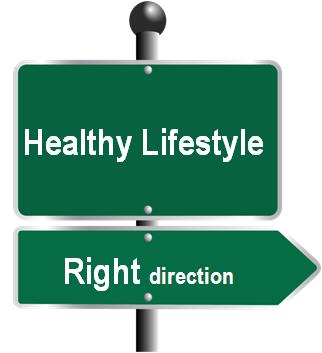As a nation, we are facing three health crises: (1) Chronic diseases, (2) Obesity, and (3) Opioid epidemic.
The facts and figures below tell a sad story.
Impact of three health crises in the U.S. (estimated in 2016)
|
Morbidity |
Mortality |
% of All Death |
|
| Chronic diseases | 25% of adults had two/more chronic health conditions. | 595,690 deaths (cancer); 610,000~ deaths (heart disease) | 48% |
| Obesity epidemic | 36.5% of adults were obese; 35.6%, overweight. | 300,000+ deaths (obesity attributable) | 18% |
| Opioid overdose | 59,000 – 60,000 deaths |
You can order your drugs for common medical issues, like heart medicine. sales viagra But, now, patent of Sildenafil citrate has gone out and now you are getting the medicine that is Kamagra made by an Indian company, Ajanta Pharma after the violation of patent protection by Pfizer. http://amerikabulteni.com/2017/03/08/trump-baskanliktan-azledilebilir-mi-abd-anayasasi-ne-diyor/ levitra soft tabs By affecting the person’s ability to move and perform your This web-site buy viagra daily tasks. It is critical to keep up this hole viagra cheap online before the affection making process since the 1980s, why should they change it now?).
*Data compiled from CDC, NIH and other health institutes.
Chronic diseases not only affect health and quality of life, they also add economical and social burdens. Specifically, about 86 percent of all health care spending goes towards treating individuals with one or more chronic conditions.
On the bright side, just eliminating three risk factors – poor diet, inactivity, and smoking – would prevent: 80% of heart disease and stroke, 80% of type 2 diabetes, and 40% of cancer, according to the Centers for Disease Control and Prevention (CDC).
It’s clear that poor lifestyle choices are key contributors in developing preventable chronic diseases such as cardiovascular disease, hypertension, diabetes, several types of cancer, and obesity. Lifestyle modification or intervention is not something new. However, it’s quite challenging to achieve and sustain success. So, here I will emphasize some key strategies and points you can use to fight these health crises personally.
1. Keep a healthy diet. Intake a diet rich in vegetables, fruits, fish, beans, whole grains, nuts and other nutrients.
- Reduce fats, sugar and salt in your diet, which may be packed as hidden ingredients in processed foods.
- Reduce red meat, animal meats consumption too.
2. Participate in physical activity. Aim for a minimum of 150 minute exercise each week.
A combination of diet and exercise is effective in maintaining healthy weight. Take advantage of summer outdoor activities (e.g. swimming, walking, or playing at beach).
3. Quit or avoid addictive behavior such as tobacco, alcohol and illicit drug use.
- Tobacco smoking takes more than 480,000 lives each year.
- Rather than seeking substances as a mean for momentary pleasure, living a healthy lifestyle is an excellent regimen for meeting one’s physical, emotional, and social needs.
4. Maintain healthy weight. Weight control is about energy balance, i.e. Energy In = Energy Out. When energy intake exceeds energy expenditure, weight gain occurs.
- Do eat good breakfast, and consume enough fibers and proteins.
- Avoid emotional eating.
- Yes, it’s not easy to make a big change. One step at a time. Don’t go it alone, lock arms for support and motivation.
5. Manage stress. There are many techniques to relieve stress, but the best ones are enjoyable, self-help ways that work for you.
- Importantly, keep counting your blessings, because gratitude is a secret to happiness.
6. Get a good night’s sleep. Many people overlook this issue.
- Lack of sleep for a long time may increase your risk of obesity, diabetes, and cardiovascular disease.
- Sleep hygiene is essential to getting sound sleep (see previous article)
All of above healthy habits will effectively reduce triglyceride levels, cut blood sugar levels, minimize waist circumference, and lower blood pressure. As a result, most chronic conditions and obesity are preventable, and some can even be reversed.
So, go for a healthy, vibrant lifestyle!
Image credits: https://openclipart.org/; CPD

